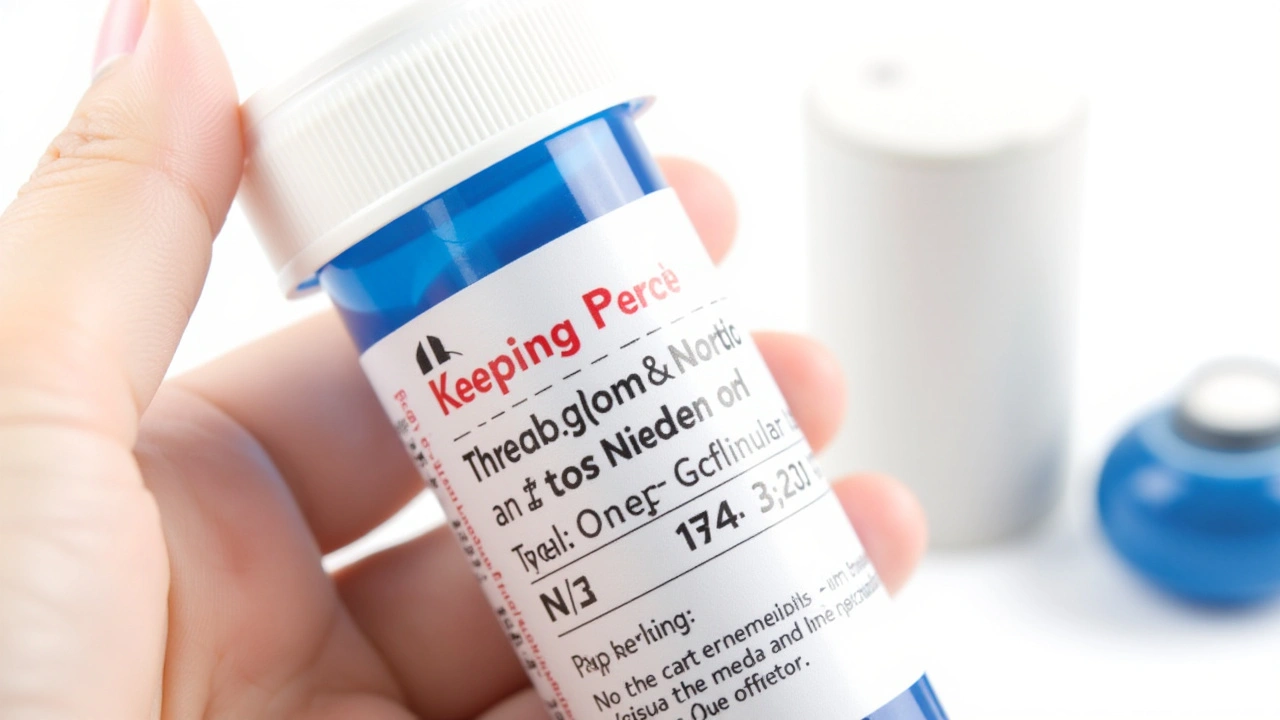Medication Standards: How to Spot Safe, High-Quality Medicines
Medication standards are the rules that make sure the pills, liquids, and creams you use do what they should and don’t harm you. They cover what’s in the medicine, how it’s made, how it’s labeled, and how it’s stored. Knowing a few simple checks will help you avoid fake, poor-quality, or unsafe products—especially when buying online.
Regulators like the FDA (US), EMA (EU), and other national agencies approve medicines after checking clinical data and manufacturing. Makers must follow Good Manufacturing Practice (GMP). GMP means the factory keeps clean records, tests batches, and prevents contamination. Look for mentions of regulatory approval or GMP on a company’s site or packaging. Absence of that info is a red flag.
Labels and packaging tell a lot. A genuine product shows the active ingredient, strength, batch number, expiry date, manufacturer name, and country of origin. Leaflets list indications, dosage, side effects, interactions, and storage. If any of these are missing or look poorly printed, don’t trust it. Also check seals and tamper-evident features; broken seals mean risk.
Generics are allowed when they show bioequivalence to the brand drug. That means the active ingredient works the same way at the same dose. Generic names can differ from brand names, so check the active ingredient rather than the brand alone. If the price looks too good to be true for a prescription medicine, pause and verify.
Quick checklist before you buy medicine online
Use this simple checklist every time: verify the pharmacy’s license or certification; require a valid prescription for prescription-only drugs; confirm a physical address and phone number; read real user reviews outside the seller’s site; check for secure payment methods and privacy policies. Trusted online pharmacies often display certification seals from recognized organizations—click those seals to confirm they are real. If you can’t verify details, don’t buy.
Storage matters. Some drugs need refrigeration; others must stay dry and away from light. Follow storage instructions on the pack. Heat, moisture, or long storage past expiry can change how well a medicine works or make it unsafe. If tablets smell strange, are discolored, or crumble differently, don’t use them.
What to do if you suspect fake or bad medicine
If a medicine makes you feel worse, causes an unexpected reaction, or looks suspicious, stop using it and keep the packaging. Report the issue to your local health authority—many countries have an online reporting form (for example, FDA MedWatch in the US). Contact the seller and your prescribing clinician. Share batch numbers and photos. Your report can protect others.
Following standards and making small checks saves time and risk. If you’re unsure, ask a pharmacist. They can confirm ingredients, dosing, and safe sources. Being cautious pays off: you get medicine that works and avoid bad surprises.
Navigating Medication Standards in Horse Racing: The HISA Debate
The Horseracing Integrity and Safety Authority (HISA) faces legal challenges as it seeks to enforce uniform medication standards in the horse racing industry. The U.S. Supreme Court's decision on HISA's authority, following a compelling case from federal attorneys, will have far-reaching consequences. This case addresses the complexities of racehorse medication regulation, touching on horse welfare, industry integrity, and historical legal precedents.
© 2026. All rights reserved.

